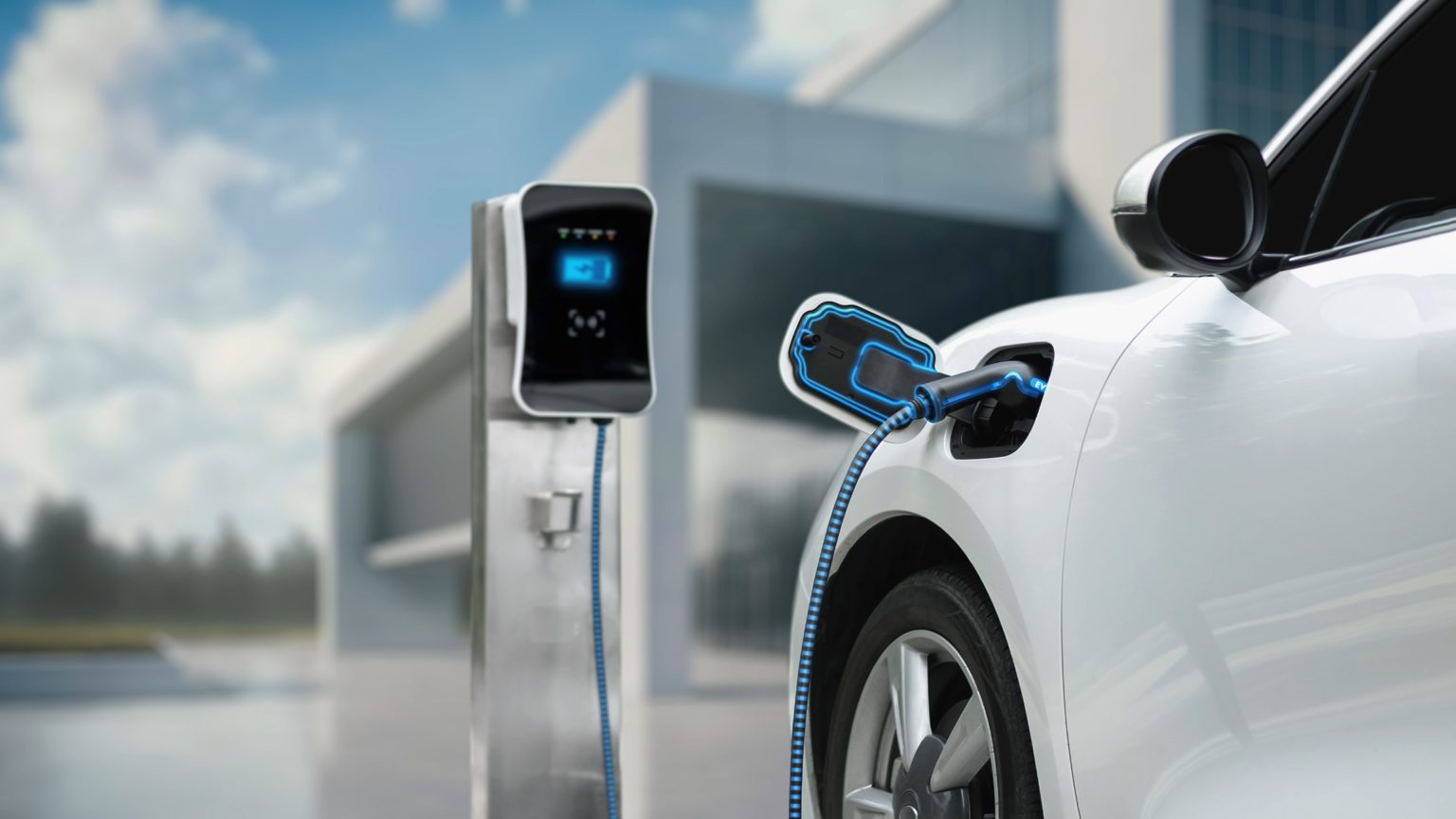Electric vehicles (EVs) are becoming increasingly popular. Advancements in tech and the environmental impact of traditional combustion engines are making these motors more appealing to drivers. As EV demand grows, so does the need for adequate charging infrastructure. Many drivers are now looking for a selection of high-end EV charging stations that offer faster charging times and enhanced convenience. These stations are designed to integrate seamlessly with the latest in vehicle technology, ensuring that drivers can recharge their EVs quickly and efficiently. This development is crucial as it helps minimize anxiety among new EV adopters, making the switch from traditional combustion engines to electric vehicles smoother and more appealing.
In 2023, there was a surge in EV sales, and this is set to continue in the coming years. If you want to join this growing number of EV drivers, you might be wondering where to begin. With a variety of models now available, choosing the EV model that meets your needs can seem daunting.
To help you focus on how to buy your first EV and to make sure it ticks the boxes, here are some things to consider.
Understand your driving needs
Begin by assessing your daily commute and driving habits.
Shorter commutes
Many people have adopted hybrid working in the last few years, and if you’re among them then you may only take short trips to work once or twice a week. In this case, most EVs on the market will be ideal. For instance, the average daily commute in the UK is around 10-20 miles, well within the range of even the most basic EVs.
Longer commutes
However, if your driving involves frequent long distances, you’ll need to consider an EV with a larger battery capacity and longer range. Modern EVs offer ranges that can exceed 300 miles on a single charge, making it possible to travel further. Additionally, you’ll need to consider the availability and convenience of charging stations along your routes.
A combination
Does your commute differ? Hybrid electric cars might be the sweet spot. These combine an internal combustion
engine with an electric motor, offering the benefits of both technologies. They’re ideal for drivers who want the environmental benefits of an electric motor but need the flexibility of a petrol engine for longer trips or areas with limited charging infrastructure.
Plug-in hybrids (PHEVs) can be charged from an external source and typically offer a limited electric-only range, which can be suitable for short daily commutes.
While we’re going to move towards fully electric motors when the diesel and petrol ban comes in, a hybrid could be a great option to get you used to the electric tech. There are plenty available too, such as the new Peugeot hybrid electric car, so it’s worth shopping around for a model that suits you from a manufacturer you like.
Evaluating EVs
Battery capacity and range are important factors when choosing an EV. Larger batteries generally provide a longer range but tend to be more expensive. Your driving style and the weather conditions you’re driving in can also affect battery performance. For example, aggressive driving and extreme temperatures can reduce an EV’s range.
You’ll also need to consider where you’ll charge your car. Home charging solutions, such as wall-mounted chargers, can be installed for convenient overnight charging. Installation costs and charging times vary, but government grants can offset some expenses.
Consider the cost
Electric vehicles can have a higher upfront cost compared to conventional petrol or diesel cars. But prices are falling, and a wide range of models are now available at different price points.
In addition, running costs are lower. Electricity is cheaper than petrol or diesel, and EVs typically have lower maintenance costs due to fewer moving parts.
Look out for government incentives to encourage EV adoption. These include grants for buying EVs, and subsidies for home charging point installations.
Assess environmental impact
One of the main reasons for choosing an electric car is often the reduction in greenhouse gas emissions. EVs produce zero tailpipe emissions, contributing to improved air quality and reduced carbon footprints. This fits with the UK’s goal of achieving net-zero emissions by 2050.
However, also important to consider the sustainability of their production. The manufacturing process, particularly battery production, can have a negative environmental impact. If your lifestyle is focused on greener living, this might be an important factor.
Once you have a clear idea of your requirements, you can begin researching the EV for you.



